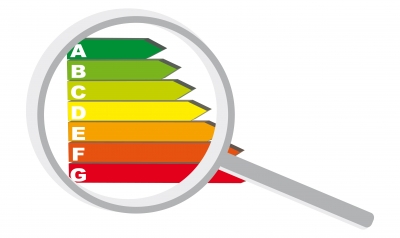
The Heat in buildings strategy is short of new announcements for major developers but does aggregate policy work since 2016. It explains the current position, what needs to change and expected timelines (up to 2035) covering regulations, supporting programmes, and technological changes. A short thematic summary below provides an update of the central points:
- New Building Regulations Part L, still proposed to be updated in 2022 and in 2025 with the Future Home Standard (FHS);
- Fabric energy efficiency and Overheating is a central theme presented in the report impacting all buildings;
- Minimum EPC ratings for units in the Private Rented Sector proposed, C for dwellings and B for non-domestic units;
- Heat pumps still the focal technology to consider for providing heat. The government expects capital and operation costs to be competitive with boilers by 2030;
- No Gas Boilers ban for new developments from 2025. Consultation to be set on ending gas connection to new developments, though its use is disincentivised in the New Part L and FHS;
- Heat networks expected in priority areas especially for connecting apartment blocks and large non-domestic units (>1000 m²);
- Hydrogen use for heating announcement delayed to 2026, though boilers expected to increasingly enable such a future provision;
- Gas prices are expected to include a new green gas levy to initially support green gas (biomethane);
- Future Electricity capacity requirements being planned by utility provides with future smart technology helping to reduce peaks.
Posted on October 27th, 2021
Author: Nikhil Doshi
Related services: Energy Statements, SBEM (Non-domestic), SAP (Domestic),